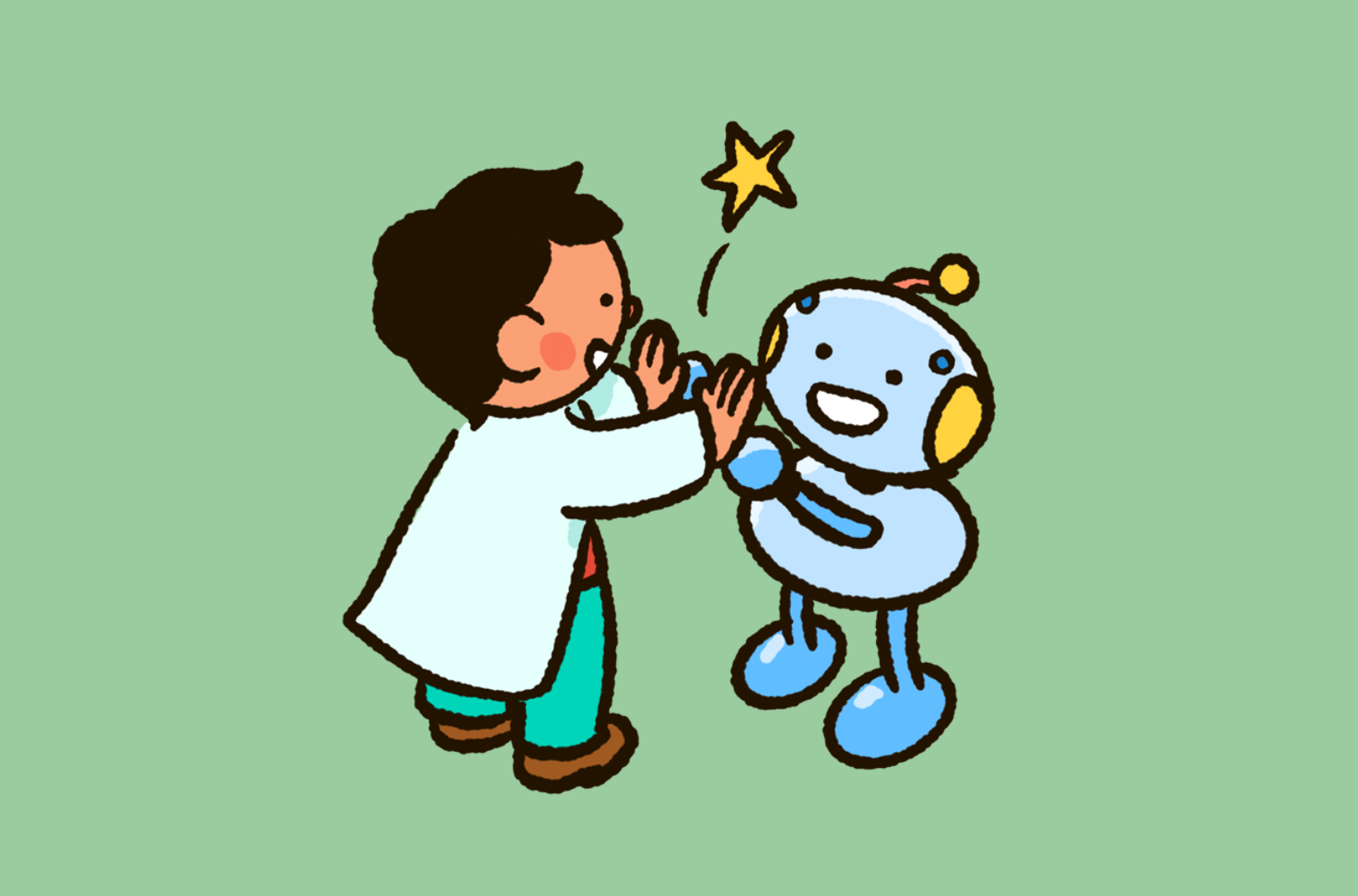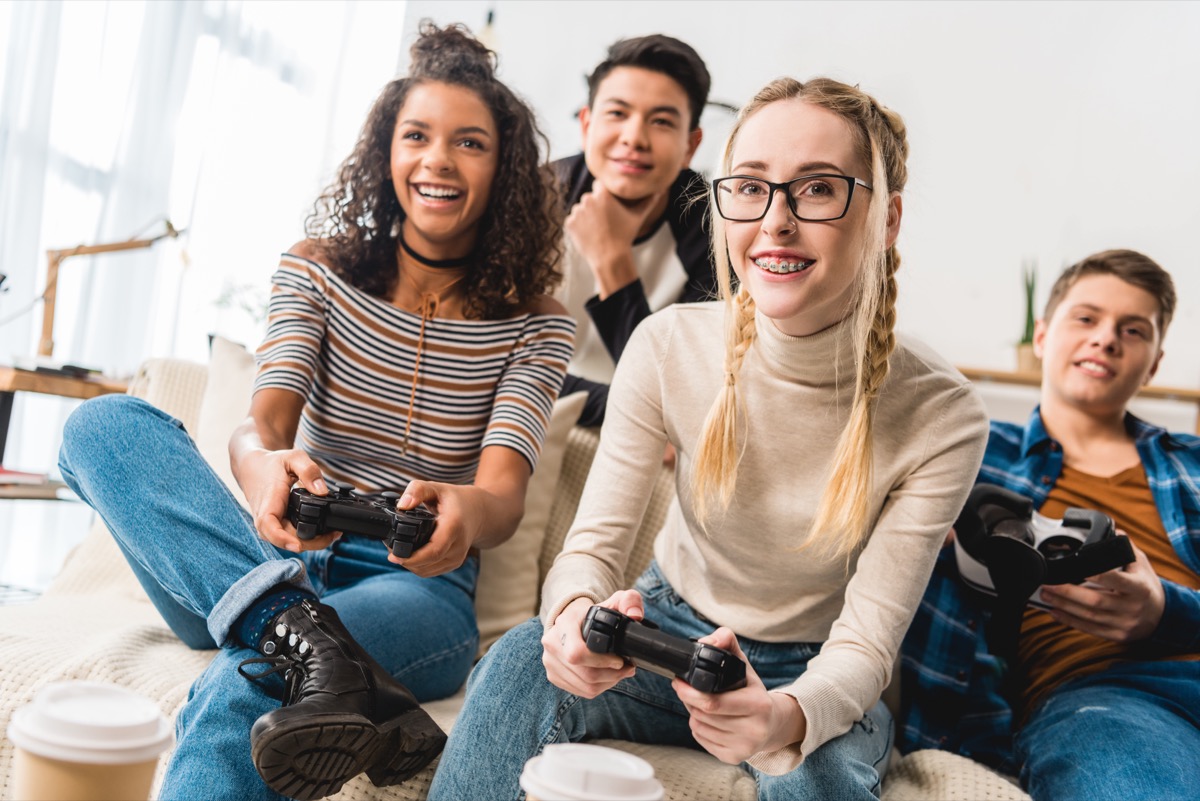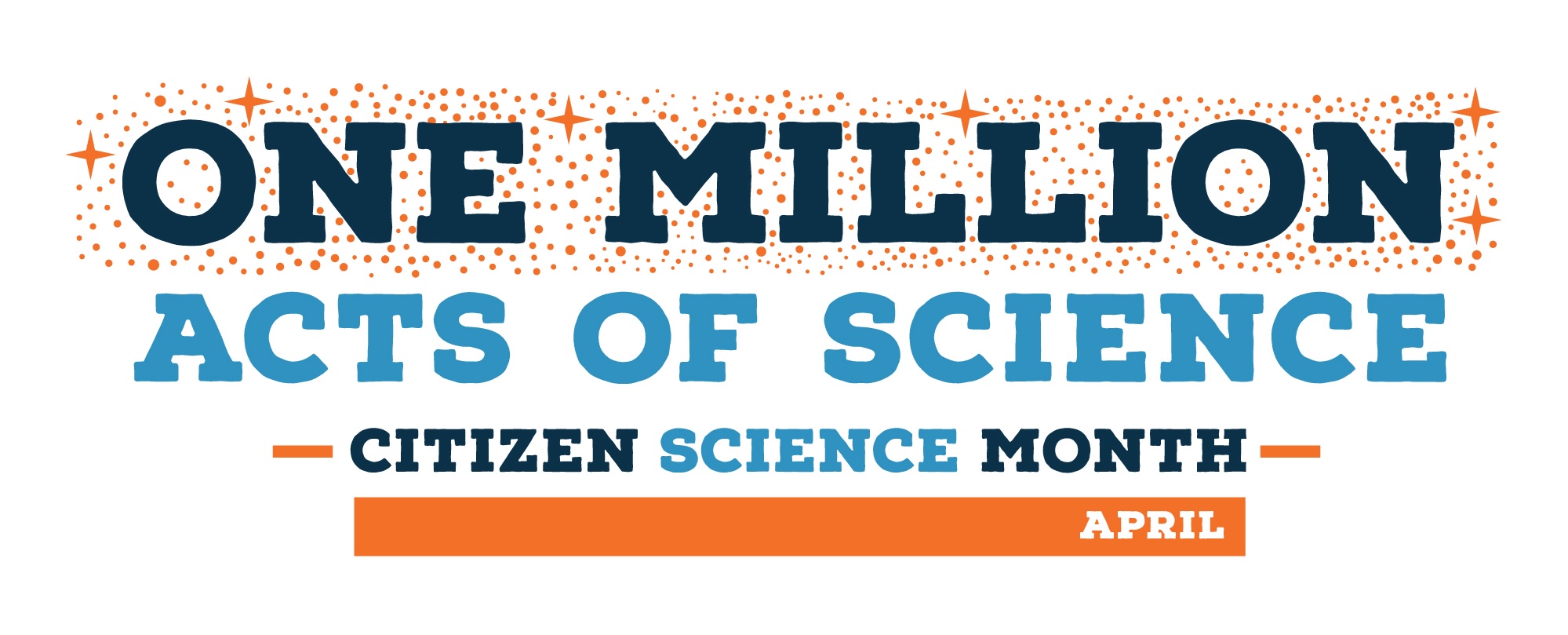Grade Level
6 - 8
minutes
15 min - 1 hr
subject
Life Science
stem practices
Asking Questions and Defining Problems, Constructing Explanations and Designing Solutions
Activity Type:
STEAM, family activities, After School Activity, brain, neuroscience
Este recurso está disponible en español. This resource is available in Spanish.
Jump to: Video | Puzzle | Trivia

Congratulations! You’ve learned some neuroscience basics, and hopefully had some fun with the Hack Your Brain puzzles along the way. Did you find them challenging, or even a little stressful? That’s ok! Stress can increase motivation and engagement, especially with games and puzzles. A good puzzle is challenging without being so difficult you want to give up. Of course, you may be wondering if there is a reward for all your hard work and perseverance. Well, there is!
Rewards Help Us Learn
Did you know you have reward centers in your brain? You do! Think about when you solved a Hack Your Brain puzzle or completed one of the challenges. Perhaps you got a high-five from a friend or a compliment from your teacher. How did that make you feel?
When your brain associates a stimulus or event with a positive outcome, it perceives that experience as a reward. In response, your brain releases endorphins. Endorphins are hormones that act as neurotransmitters, or messengers in your brain, specifically in the reward centers. The release of endorphins can improve your mental health and reduce your stress levels.
Your brain also releases another neurotransmitter called dopamine. Dopamine helps regulate your mood and improves motivation. When you do something pleasurable, like eating a cake, your brain releases dopamine, a “feel-good” hormone that can motivate you to continue or repeat that activity.

Rewards help with learning. If you have ever trained a pet, especially a dog, you know that you may give it a reward—such as a tasty treat, a pat on the head, or positive words—when the dog completes a desirable behavior, like sitting on command. During initial training, trainers reward dogs very frequently. This creates an association between the reward and the behavior, a practice known as positive reinforcement. Over time, trainers reduce the reward frequency and vary when the dog gets rewarded. Because the dog doesn’t know exactly when to expect the treat, it will keep responding, knowing that eventually it will get a reward, even if that doesn’t occur every time it does the desirable behavior.
This may work on some humans, too. For example, when you defeat monsters in your favorite video game, they don’t always drop treasure. However, you know they might reward you occasionally, so you keep playing!

Rewards Can Have A Downside
The reward systems in our brains can have a downside, though. While the release of endorphins and dopamine can lead to learned positive behaviors, like eating healthy food or exercising, that same system can also contribute to negative behaviors, like scrolling on your phone rather than falling asleep, or playing video games for so long that you neglect your schoolwork! Your reward system is very active during adolescence, so it’s important to find balance and know when to take a break. Otherwise, a dysregulated reward system can lead to mental health problems and even addiction.
Brain Teaser
So, if rewards can help us learn, and games provide rewards, can games help us learn? The short answer is: yes. Games can be motivating, encourage participation, and make some types of learning more engaging. For example, in Hack Your Brain, Science Friday used games and puzzles to motivate you to learn about neuroscience. Cool, right?
Researchers have used our reaction to rewards to develop games that encourage people to do science. Try one of the game-based neuroscience projects below and help scientists understand more about how the brain works. As a bonus, if you do a project during the month of April, you can contribute to SciStarter’s One Million Acts of Science by joining people around the world who are participating in scientific research—just like you!
- Stall Catchers: Clogged blood vessels in the brain (stalls) may contribute to Alzheimer’s. In Stall Catchers, you’ll “catch” stalls by looking at movies from the brain of mice and scoring blood vessels as “flowing” or “stalled.” With your help, scientists could potentially find an effective treatment for Alzheimer’s disease quickly enough to make a difference in the lives of people who have the disease now.
- Mozak: Many neurons have delicate and highly branched structures that human eyes will distinguish far better than computers. In the Mozak project, you’ll play games to trace neurons in different brain regions and different organisms.
- EyeWire: This project uses a puzzle-style game where players map nerve cells in the eye using a type of high-tech, 3D coloring book. By mapping nerve connections, EyeWire researchers can gain insights into how neurons process information and detect motion.
- Brain Explorer Research App: Want to play cool brain games and help scientists to understand how the brain works? With the Brain Explorer Research app, you’ll play games and answer questionnaires that contribute to research on how brain functions influence mental health.
- Neureka: Through games, quizzes, and surveys, Neureka aims to improve mental health by understanding how mood, behavior, and environment interact. Using the phone app, you can participate in different challenges. Researchers use the data collected to understand how the brain works, while you get to build better habits. Note: This project is for those 18 and up.
Science Friday has created a list with even more ways to participate in neuroscience and brain research through exciting community projects. Be sure to create an account to track your progress and report your “acts of science,” too. Want to learn more? Watch the video below at the bottom of this page!
Thanks For Joining Hack Your Brain
The team at Science Friday hopes you enjoyed the Hack Your Brain adventure and learned valuable information about how your brain processes information and memories! How can you use what you’ve learned to make your life better? Take a moment to reflect on these lessons, write down your thoughts, and share your experiences with a friend, trusted adult, or younger sibling.
Ready for your final challenge? As you’ve worked through the Hack Your Brain adventure learning about neuroscience, you’ve also been solving fun puzzles. Each time you successfully submitted your secret code to the Science Friday Enigma Machine, you earned a digital badge. The Machine also revealed a code word for each puzzle. Combine those code words into a sentence to reveal that final code. Enter it in the Enigma Machine to claim a free set of limited-edition Hack Your Brain stickers!
Download the Puzzle! Enter the final code!
This activity and puzzle are part of the Hack Your Brain neuroscience program. Be sure to try all the activities to earn all the digital badges!
Check Your Knowledge
See how much you remember from your reading! These ten questions will test your recall. Both versions below are free. Kahoot! is a fun game-based platform with pictures and music. Google is a more traditional online quiz format.
Working with a group? You can host your own Kahoot! live. Both require logins.
Want To Learn More?
Here are some great resources for you to check out!
- Do you want to make your own game? You can! Try free coding platforms like Scratch or MakeCode to create your own video games. Or try designing your own board game.
- Continue the Hack Your Brain fun with a coloring sheet, crossword puzzle, word search, maze, and fill in the blanks game.
- Addiction is a chronic disease of brain reward, learning, and motivation that can cause long-term changes in the dopamine system. Understanding how addiction works, and how to get help if you need it, can be an important part of living a healthy life.

NGSS Standards:
MS-LS1-8 From Molecules to Organisms: Structures and Processes: Gather and synthesize information that sensory receptors respond to stimuli by sending messages to the brain for immediate behavior or storage as memories.
Special thanks to the Dana Foundation for funding Hack Your Brain.

Credits
Lesson by Svea Anderson
Neuroscience Consultation by Daisy Reyes
Game Design by Lucas Leprince
Illustration by Joy Ho
Puzzle Illustration by Fai Kosciolek
Developmental Editing by Sandy Roberts
Copyediting by Ariel Zych
Digital Production by Sandy Roberts
Educator's Toolbox
Meet the Writers
About Svea Anderson
Svea Anderson is a twenty-year veteran educator who never hesitates to step out of her comfort zone and try something new. She enjoys a challenge and never passes up an opportunity to learn something new.
About Sandy Roberts
Sandy Roberts is Science Friday’s Education Program Manager, where she creates learning resources and experiences to advance STEM equity in all learning environments. Lately, she’s been playing with origami circuits and trying to perfect a gluten-free sourdough recipe.
